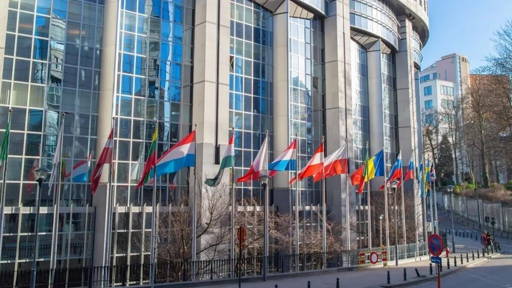There is a lack of technology that allows us to be ultimately connected and data that can be used for health-related purposes – it is my takeaway from the annual ICT&health conference organised on January 30th in the Hague (The Netherlands).
I do not undermine the benefits of technology. There are several examples of technological developments – for instance, in my field of radiotherapy – to enable increasingly targeted radiation. These developments are coming at us like a tsunami, overtaking each other left and right. The number of apps you can install on your smartphone is enormous.
Data as a tool for better care
However, what is lacking is the technology that supports patients and their supporters/professionals throughout the healthcare chain in interpreting and communicating about the patient's health situation. Still, accessing patients' data showing their 360-degree health status is hampered.
There are also steps in the right direction. For example, in the Netherlands, I welcome the abolition of the requirement to ask patients for permission to use their data repeatedly. A relationship between doctors and patients is based on trust. Thus, there must be 100% certainty that those involved in the care process use the data primarily for the profit of the patient's health and well-being.
Digital support
In 2023, a general practitioner will still receive physical letters after completing treatments. In the ideal situation, patients will find these in their patient electronic medical records. And often, the treating physician must also request information from other specialities to get a complete picture.
A different digital form of communication, for example, via a "chat room" in which data is directly turned into added value, can offer a solution here.
This is an approachable and simple way of communicating, facilitated by technology, that can enhance communication between patients and their care teams, enabling healthcare professionals to use their expertise in the best possible way.
Thus, connected digital communication can be the ultimate complement to physical consultation. Digital consultations with all relevant parties at the right time also reduce the number of check-ups and protocol encounters, thus relieving both the patient and the healthcare professional.
Complete picture
It is essential that the patient and the team around the patient are involved and can interpret and share information and expertise so that a complete view of the health situation emerges.
In addition to sharing a new finding, result, or treatment step, it is also possible – and logical – to inquire how the patient is doing and if there are any questions. This is hugely important, as I experience in my practice that the sooner patients have a grip on their health situation and feel supported by their practitioners, the better the health outcome.
Strengthen
Within CatalyzIT, I'm currently working with several stakeholders on connective technologies. The healthcare company also lectures and provides training in various areas, from technology to mindset, all aimed at strengthening the connection between doctor and patient. If you are interested, please get in touch with me.
Technology does not yet sufficiently facilitate the care process
Monday, February 6, 2023

Data
News






